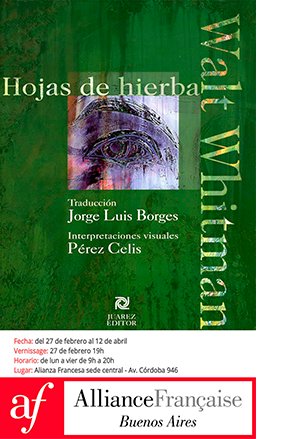Cildo Meireles
Luisa Strina, Sao Paulo
Long influenced by the proposals of conceptual art, installations and performances, Cildo Meireles’s (Rio de Janeiro, 1948) works hold a dialogue with Brazilian poetic and social issues, and from this point of departure, it engages in more thorough investigations on the art object and sensory experiences. In 1991, the artist created “Glovetrotter”, in which he combined a range of spheres of varying materials, purposes and provenance enveloped by a steel mesh that recalled the lunar surface, addressing the sculptural matrices of volume, weight and gravity.

As of September 19, Luisa Strina Gallery is exhibiting the never before seen print Glovetrotter, based on the original work from the 1990s. The new version is a digital print on stainless steel plate, and it creates an effect that makes reference to the original without, however, repeating it.
This is not the first time that Cildo takes an original work and transforms it into a print. At the beginning of the current year, the artist presented in Rio a serigraph based on a drawing from 1968. The ability to alternate between different supports and create dialogues among them is one of the reasoins for the success of the artist, to whom Tate Modern dedicated a major solo show at the beginning of the past year.
In Sao Paulo, the “Glovetrotter” exhibition marks the inauguration of the gallery’s new venue, 36 years after its first opening (the old venue will become a storage space for the gallery’s collection of artworks. The group show “Primeira e Última, Notas sobre el Monumento” is currently being held there). Parallel to this, Meireles is participating in the 29th Sao Paulo Biennial with the work Abajur, an installation shaped like a wheel impelled by human force (several men cover shifts to keep it in motion). Finally, his life and work are the subject of Gustavo Rosa de Moura’s documantary film Cildo, projected in London the past year, and currently on view in Brazilian movie theaters. The film recalls the significant works created by the artist in the 1970s and 1980s, when he becane initially known for his ironic critique against the military dictatorship and the Brazilian people’s ecnomic and cultural dependence on the United States.





